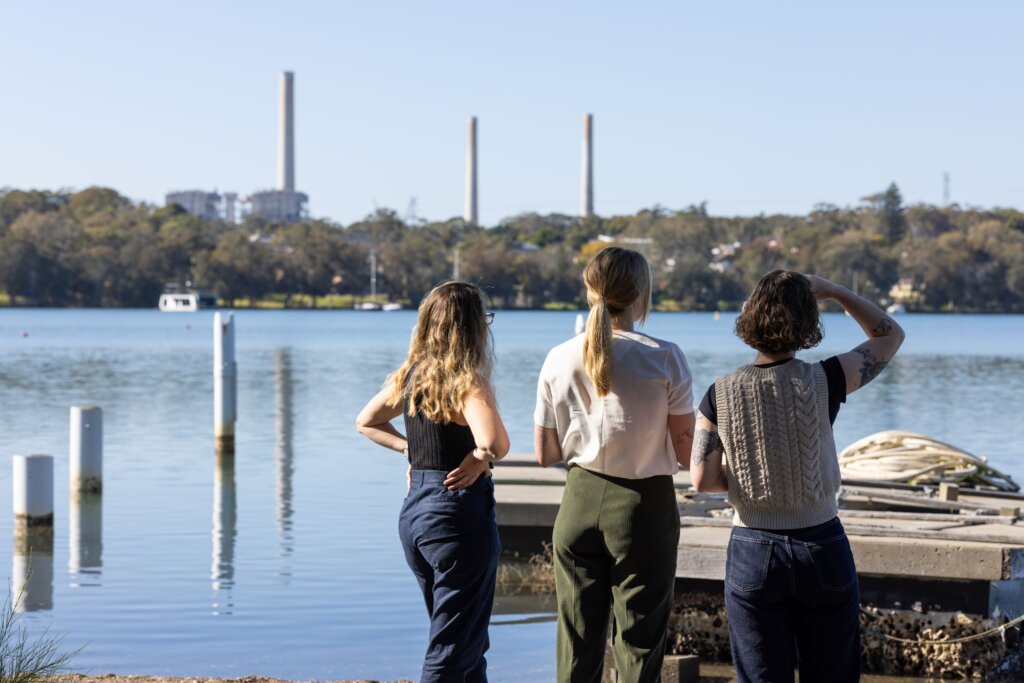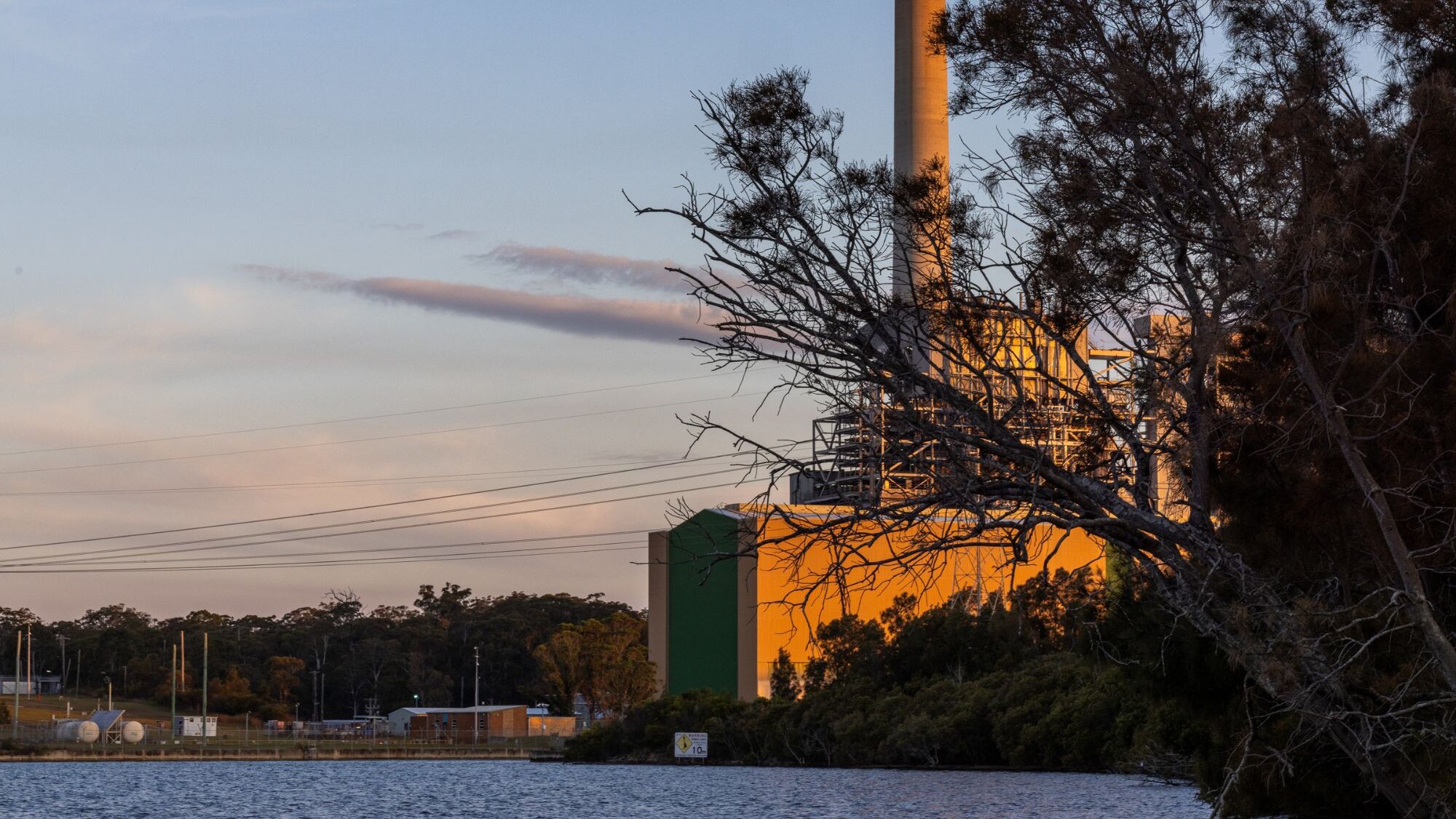Delta prosecuted over fish kill
Did you know that last year in September, out of the blue, more than 15,000 fish and rays washed up dead on the shores of Lake Macquarie?
Residents were seriously concerned that Deta Electricity’s nearby coal fired power station, Vales Point, was to blame – and it turns out their suspicions were well-founded, with the state’s environmental watchdog, the EPA, just today announcing it will be prosecuting Delta for the fish kill after its investigations concluded Delta “could have prevented the fish kill.
The EPA is prosecuting Delta for its alleged failure to maintain its chlorine dosing plant in a proper and efficient condition, resulting in a faulty valve that caused a discharge of concentrated sodium hypochlorite into waters leading to Wyee Bay.
"Residents were left devastated by the September fish kill. The community wants genuine accountability, and for the prosecution to lead to meaningful local change, such as restoring the Lake’s health from decades of coal pollution and replenishing fish stocks."
— Jocelyn McGarity, EJA Lawyer
This is the first EPA prosecution against a NSW coal fired power station in more than a decade – with the only other being against Delta Electricity back in 2009 for its operations at Wallerawang power station, which has since closed.
The prosecution comes after sustained community campaigning against numerous pollution issues from Delta’s Vales Point – including its impact on community health from toxic air pollution, contamination of groundwater from its coal ash dump and efforts to avoid having to comply with NSW air pollution laws.
Given that Sev.en wants to keep Vales Point open until 2033, the community needs the EPA to stand its ground to signal to the new owners that these kinds of incidents will not be tolerated – especially as the power station gets clunkier and less reliable the older it gets.

Concerning record
The new owners of Delta Electricity, Sev.en Energy AG, have a disturbing record overseas of seeking to avoid pollution controls, and extending the life of coal-fired power stations at the expense of community health.

